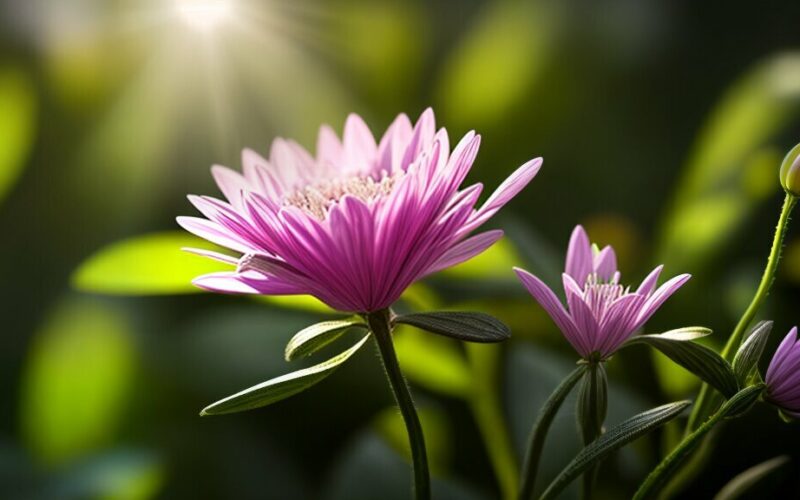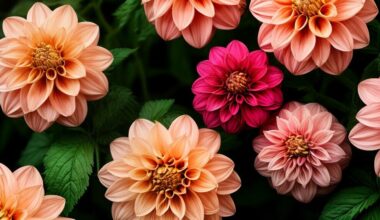Is your garden swarmed with pesky flies? Not only can they be annoying, but also potentially harmful to your plants and family. Understanding why flies are attracted to your garden and how to control their population can help you enjoy a peaceful outdoor space. In this section, we’ll explore the reasons for fly infestations in gardens and provide effective solutions to keep them at bay.
Key Takeaways:
- Discover why flies are attracted to gardens
- Identify common fly species found in outdoor spaces
- Learn practical prevention and control measures
Understanding the Attraction of Flies to Gardens
Flies are a common problem in gardens, but have you ever wondered why they are attracted to this outdoor space? There are several factors that make gardens an ideal habitat for flies, including:
- Decaying organic matter: Flies are naturally drawn to decomposing plant and animal material, such as fallen fruit, dead leaves, and compost.
- Standing water: Stagnant water in birdbaths, rain barrels, or other containers can provide a breeding ground for flies.
- Ripe fruits: Fruit flies, in particular, are attracted to ripe fruits such as strawberries, peaches, and cherries.
- Insects: Flies feed on other insects that may be present in your garden, such as aphids or caterpillars.
While some garden flies are harmless, others can pose a risk to your health and plants. For instance, house flies can carry and transmit diseases, while hoverflies can damage crops by laying their eggs on the leaves. Knowing the specific type of fly species in your garden can help you determine the best course of action to control their population.
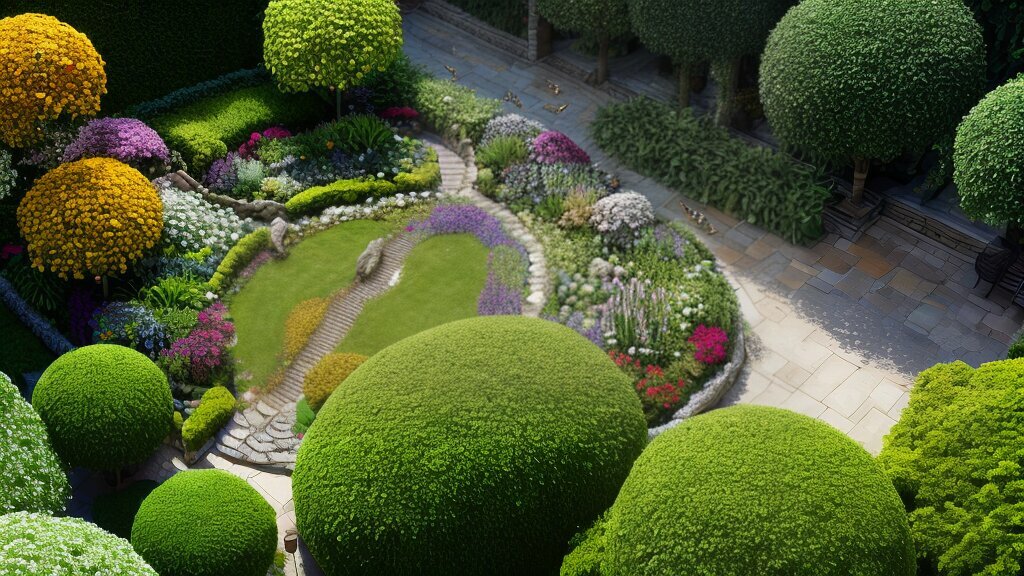
Tip: Keep your garden free of decaying matter, remove standing water sources, and harvest ripe fruits promptly to discourage fly activity in your outdoor space.
Identifying Common Garden Fly Species
Knowing which types of flies are commonly found in gardens can help you identify and tackle the problem effectively. Here are some of the most common fly species you may encounter in your outdoor space:
| Fly Species | Description |
|---|---|
| House flies | Gray in color, with four dark stripes on the thorax. Usually found around garbage or decaying organic matter. |
| Fruit flies | Small, brownish-yellow flies with red eyes. Attracted to ripe and fermenting fruits, vegetables, and other organic matter. |
| Hoverflies | Resemble bees or wasps, with bright yellow and black markings on their bodies. Feed on nectar and pollen and are natural predators of aphids, making them beneficial for your garden. |
Other common garden fly species include blow flies, green bottle flies, and cluster flies, among others.
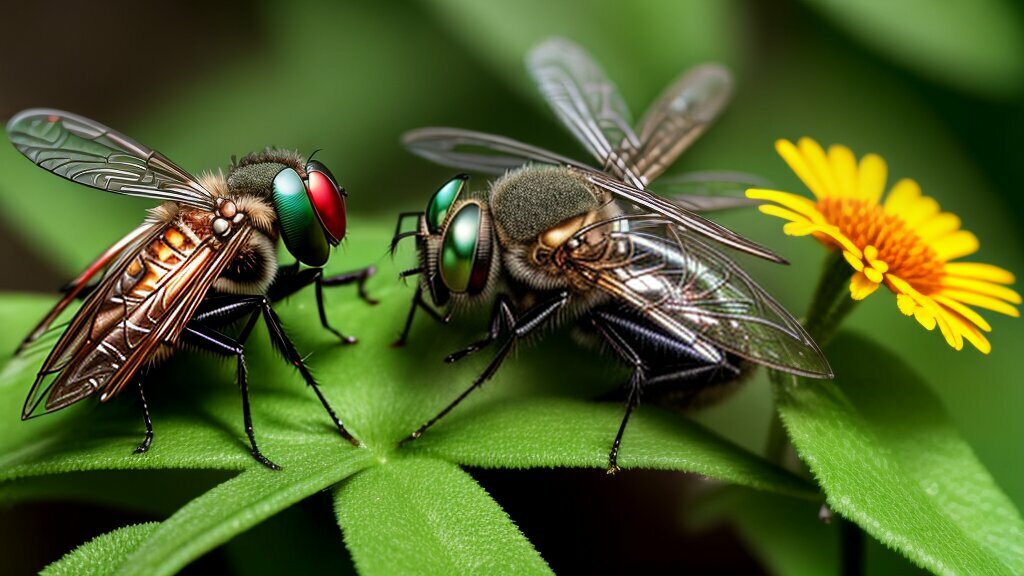
Identifying the type of fly in your garden can help you determine the best course of action to control their presence. For example, you may want to focus on eliminating decaying organic matter to get rid of house flies or using traps and baits to target fruit flies.
Prevention and Fly Control Measures
If you want to get rid of the flies in your garden, prevention is key. By eliminating the factors that attract flies, you can significantly reduce their population. Here are some effective measures you can take:
- Dispose of waste properly. Flies are attracted to decaying organic matter, such as food scraps and animal waste. Be sure to dispose of these materials in sealed containers and regularly empty them.
- Keep your garden clean. Flies are less likely to be attracted to a clean garden. Regularly remove fallen leaves, fruits, and vegetables and dispose of them properly.
- Eliminate standing water. Flies need water to survive, so eliminate any sources of standing water in your garden, such as unattended watering cans or bird baths. Keep water features clean and regularly change the water.
- Use physical barriers. Installing screens, netting or covers over your garden plants can help prevent flies from laying eggs and accessing your plants.
- Plant insect-repelling herbs and flowers. Certain plants, such as lavender, basil, and marigold, naturally repel flies and other insects. Plant these around the perimeter of your garden to discourage flies from entering.
By implementing these measures, you can effectively control the fly population in your garden and enjoy a more pleasant outdoor space.
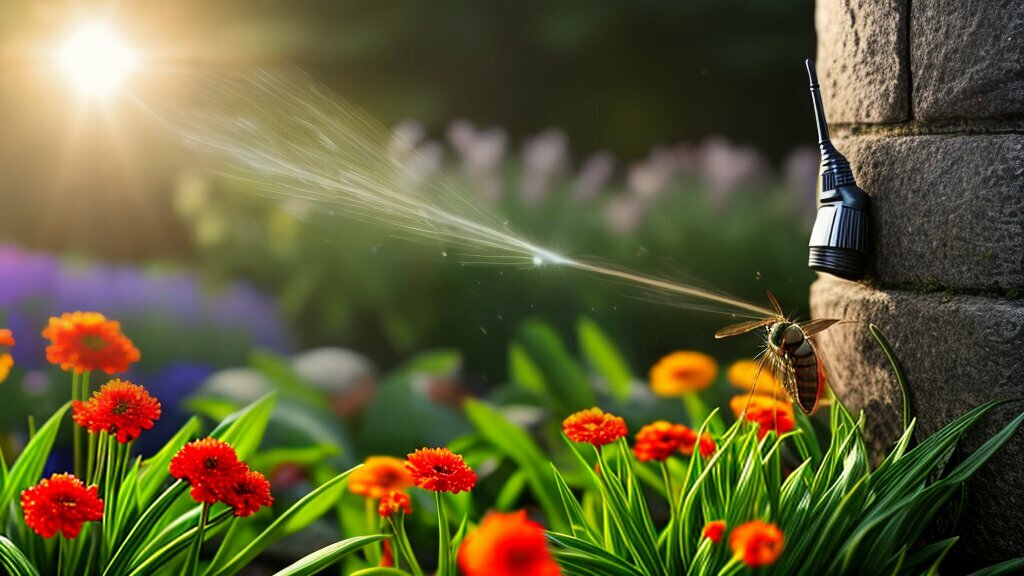
Natural Remedies for Fly Control
Dealing with a fly infestation in your garden can be frustrating, but luckily there are many natural remedies that can help.
One effective method is planting insect-repelling herbs such as basil, mint, and lavender. These plants not only add a pleasant aroma to your garden but also deter flies and other pests with their natural oils.
Another natural solution is creating vinegar traps. To make your own trap, fill a jar with apple cider vinegar and add a few drops of dish soap. The flies will be attracted to the scent and will drown in the mixture.
For a non-toxic fly spray, mix equal parts of water and white vinegar in a spray bottle and apply around your garden. This solution not only repels flies but also acts as a fungicide and herbicide.
Additionally, hanging sticky fly traps or flypaper can catch flies without the use of chemicals. These traps are available at most hardware stores and online.
Remember to dispose of any trapped flies and regularly replace the traps to ensure continued effectiveness.
By utilizing these natural remedies, you can significantly reduce the number of flies in your garden and create a more pleasant outdoor space.

Professional Pest Control for Persistent Fly Problems
If you have tried all the prevention and control methods discussed but still cannot get rid of flies in your garden, it may be time to call in the professionals. Pest control specialists have the expertise, equipment, and chemicals needed to eliminate fly populations effectively, especially in large or persistent infestations.
Before hiring a pest control service, research local options and read reviews to ensure you choose a reputable company. Ask for quotes and check if they offer guarantees or warranties for their services. You should also inquire about their methods and chemicals used to ensure they align with your preferences and values.
Once you have selected a pest control provider, follow their instructions carefully. Usually, you will need to vacate the garden during treatment to avoid exposure to chemicals or harm to beneficial insects such as bees or butterflies. After the treatment, the pest control experts may suggest ongoing maintenance or follow-up visits to ensure the flies do not return.
Remember, professional pest control can be costly, so it’s essential to exhaust all other options first. However, if you feel that the fly infestation is beyond your control, don’t hesitate to seek help from experts who can get the job done safely and effectively.
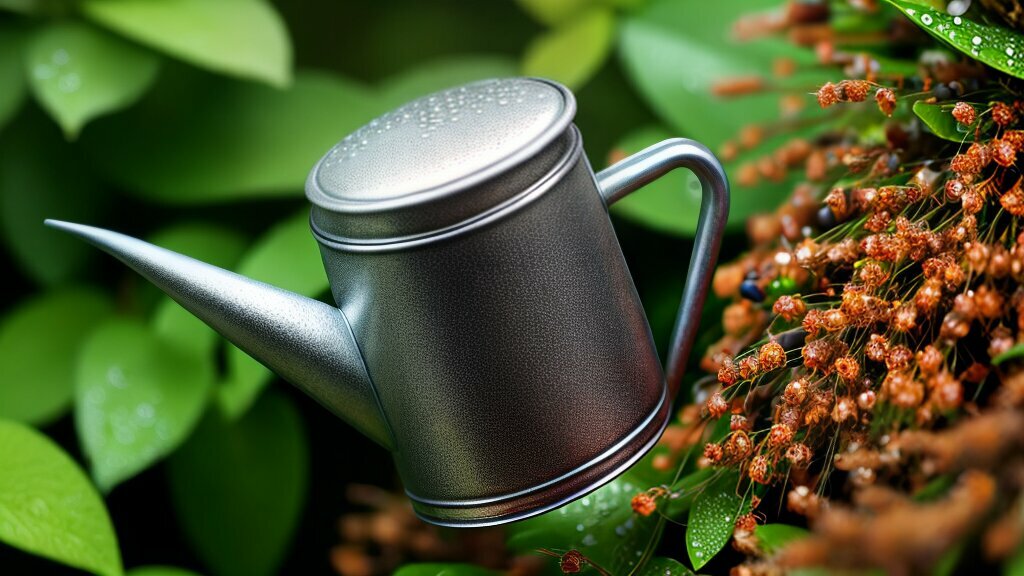
Maintaining a Fly-Free Garden Environment
Congratulations! By implementing the prevention and control methods discussed in the previous sections, you have successfully eliminated flies from your garden. But how can you ensure they don’t come back?
First, it’s important to maintain a clean and hygienic outdoor environment. Make sure to dispose of any organic waste, such as fruit peels or fallen leaves, as soon as possible. Consider using a compost bin to reduce the amount of organic material in your garden. Regularly clean any outdoor surfaces, such as tables or chairs, where food or drink spills can occur.
Next, pay attention to the plants you choose for your garden. Some plants, such as marigolds and lavender, have insect-repelling properties and can help deter flies and other pests. Avoid overwatering your plants, as standing water can attract flies and other insects.
Finally, consider using physical barriers to keep flies out of your garden. Erecting a simple mesh screen or netting around your garden can prevent flies from entering and laying eggs.
By following these simple steps, you can maintain a fly-free outdoor environment for you and your family to enjoy. Remember, prevention is always the best approach to pest control.

Conclusion
Congratulations! You have now gained valuable insight into managing fly infestations in your garden. By understanding the factors that attract flies and implementing practical prevention and control methods, you can enjoy a fly-free outdoor space.
Remember that maintaining a clean and healthy garden environment is key to preventing fly populations from thriving. Regular cleaning routines, proper waste disposal, and careful plant selection can all contribute to a fly-free garden.
If despite your best efforts, you encounter persistent fly problems, don’t hesitate to seek professional pest control assistance. With the right expertise and tools, pest control specialists can effectively manage fly infestations in outdoor spaces.
Thank you for reading this article and we hope it has been helpful in achieving a fly-free garden for you and your family to enjoy.

